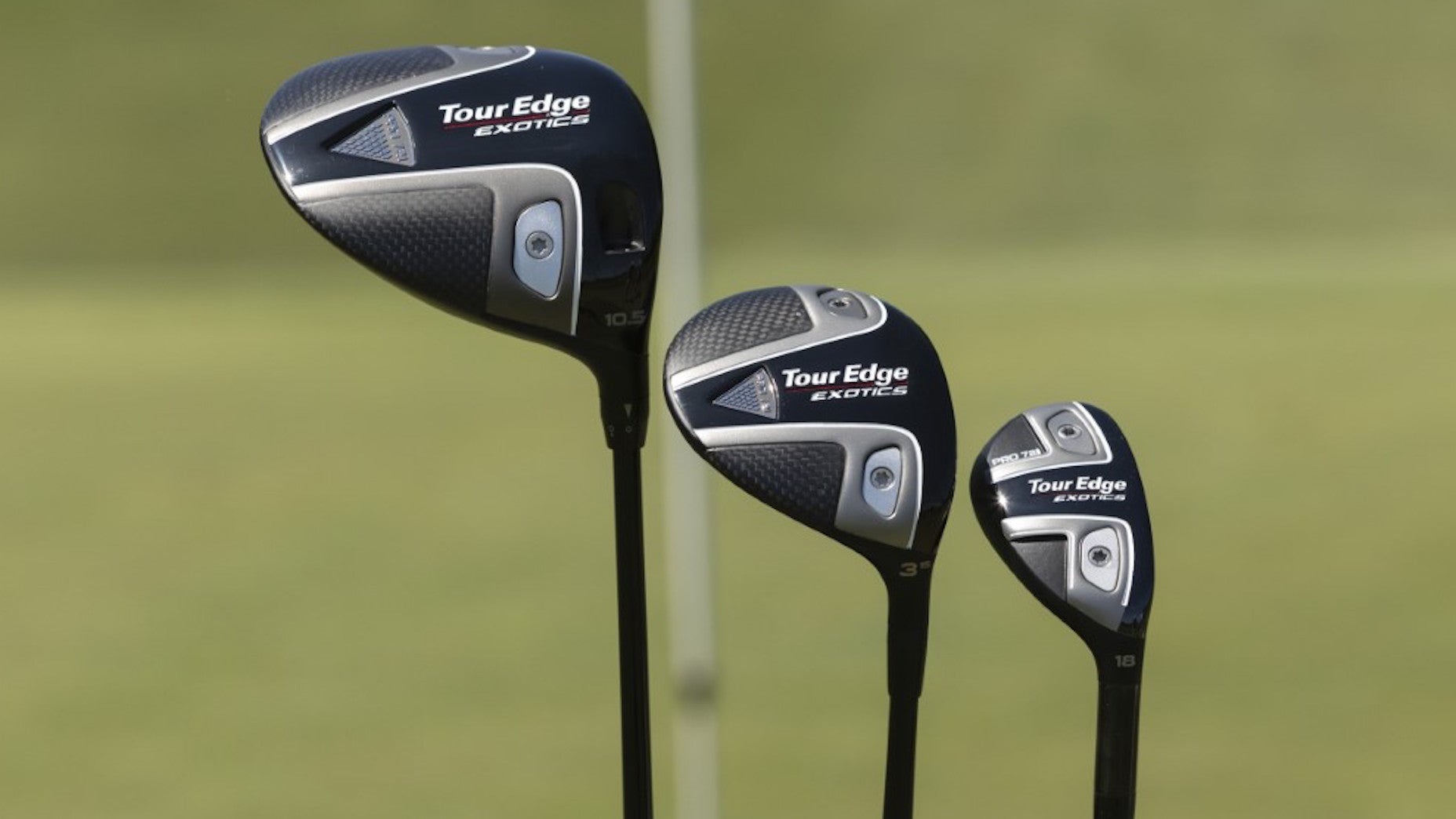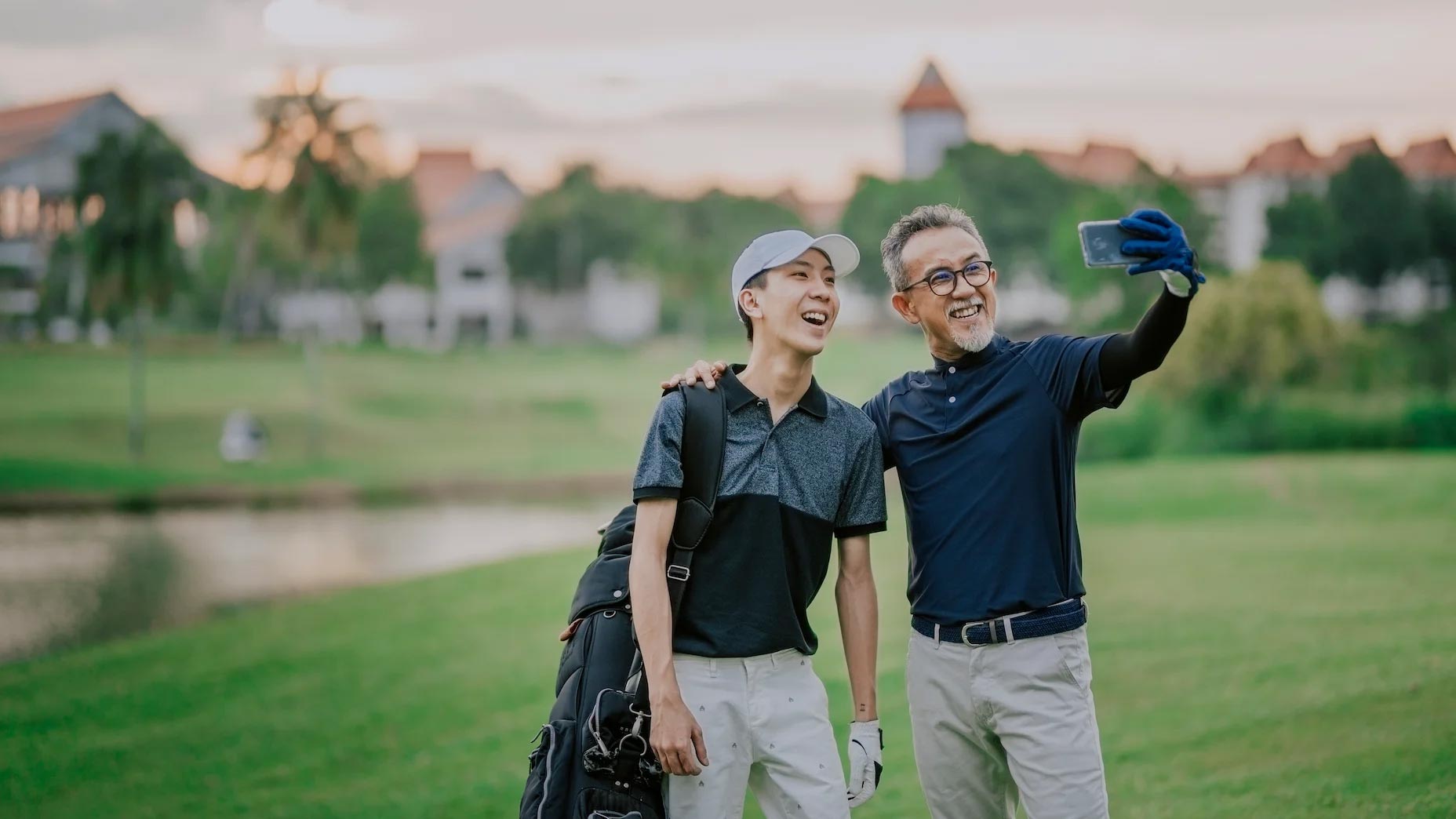Jim King, who played on the PGA Tour and PGA Tour Champions in five decades, died Tuesday from COVID-19 complications. The longtime Jupiter, Florida, resident was 86.
King was known for his excellent ball striking and tough-guy image. At 6-foot-2 and 230 pounds, the former boxer had his share of run-ins with rules officials and fellow golfers.
“He was one of the toughest, baddest men on this planet,” longtime friend Jeff Lewis said Wednesday. “He was also the most courageous, intense, fearless, regimented individual I ever met in my life. He always had to have a plan. From the time he woke up in the morning until he went to bed, he had a plan.”
Despite not picking up the game until his early-20s while serving as a paratrooper in the 82nd Airborne Division in the U.S. Army, King became an All-American golfer at Western Illinois. He also was a linebacker on the college football team before playing in his first PGA Tour event in 1960.
He played in a combined 255 events on the PGA Tour and PGA Tour Champions, compiling 12 top-10 finishes while earning almost $370,000. His last start on the 50-and-older circuit came in 2001.
A lifetime member of the PGA of America, King set the 72-hole tournament record of 278 on PGA National’s Champion Course when he won the 1982 PGA Stroke Play Championship from the back tees.
His biggest problem was opportunity, not talent – he had full-exempt status on either tour for only three seasons.
“I think I can hit the ball as well as anybody,” King said after finishing third at the 1986 Senior PGA Championship at PGA National. “Ask Orville Moody or Gary Player. They know I can hit the ball. If I can get in the door, I can win a tournament.”
Reached Wednesday, Player said this about King: “I always got along great with Jim. I liked Jim. He may not have had the most talent, but he was a trier. He never gave up.”
King was a proven winner locally. He twice won the Florida Open (1971, 1976) and the Florida Senior Open (1985, 1986) and won more than a half-dozen PGA Tournament Series events.
While serving in the Army, King took up boxing, rarely lost and appeared to have a career in the sport. But Lewis said King suffered a severe eye injury when he was hit by a bottle in a bar fight and doctors told him he could lose his eye if he fought again.
According to a story in the New York Times, during the second round of the 1973 USI Classic outside of Worcester, Massachusetts, King allegedly grabbed Peter Sesso, an official, “by the throat in a threatening manner” after King had finished playing 16 holes. He was subsequently suspended by the Tour.
King switched to golf and learned to play on a narrow Army course where he concentrated on hitting the ball straight. As a pro, he had the opportunity to play with celebrities such as Dean Martin, Clint Eastwood, Mickey Mantle, Joe Louis and Rocky Marciano.
“Who knows what would have happened if Jim had learned how to play golf when he was young,” Player said. “Life is a game of ifs. What if Ben Hogan didn’t miss 30 majors in his prime while serving in the military? What if Lee Trevino liked the Masters instead of hating it – he would have won the Grand Slam? You never know in life.”
King’s daughter, Marla Ribeiro, who often caddied for him, said her father had to overcome his fear of heights when he became a paratrooper. He made sure she didn’t have the same problem.
“He would have me jump off the second-story building so he could catch me,” she said. “He didn’t want me to have any fear of heights like he had before he started jumping out of airplanes.
“I became his caddie just so I could be close to him on the golf course. I was very fortunate to be close with him all the remaining years of his life.”
King is survived by his daughter, son-in-law Artur Ribeiro and grandchildren Daniel and Rosalina.
A service will be held Aug. 22 at 3-7 p.m., at Aycock-Riverside Funeral Home in Jupiter.








